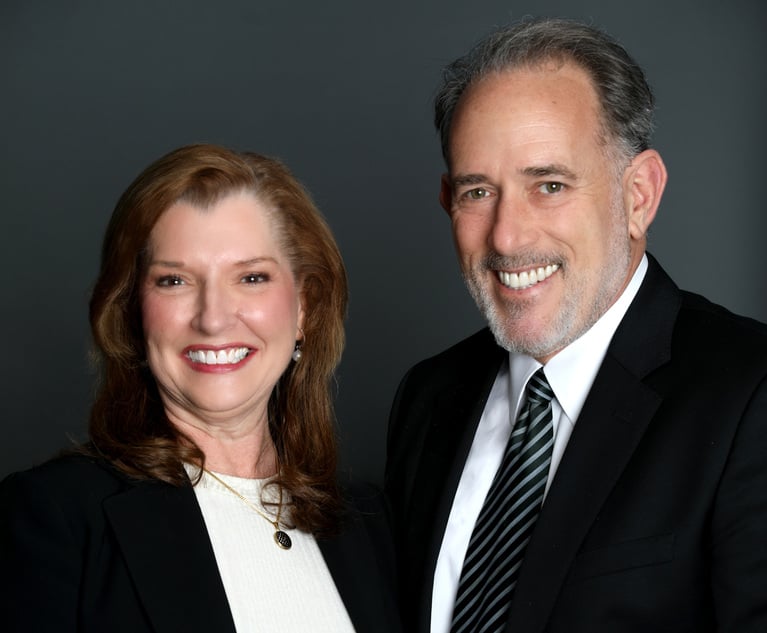The Bahamas blamed industrialized nations for a series of devastating hurricanes that have left it deep in debt, as it seeks to sell $1 billion in carbon credits this year.
The ecosystem around the nation’s 700 islands has the capacity to store large amounts of carbon, Prime Minister Philip Davis said Thursday in an interview in New York.
Davis is trying to monetize that by turning to the growing international market for offsets, after receiving little help in covering the billions of dollars of damages caused by several massive storms.
“Most of our debt is the result of loss and damages created over many years and many hurricanes,” he said, a day after Hurricane Fiona passed by some of the islands. “I’m not waiting for the international community. I’m looking for ways and means I could help myself.”
Companies across the globe are driving up demand for voluntary carbon credits as a way to offset their emissions. The market is forecast to rise to $190 billion per year by 2030 from around $1 billion currently, according to BloombergNEF research.
Known for its warm, turquoise waters and white sand beaches, the Bahamas has a 100,000-square-mile carbon sink, which Davis said is one of the world’s largest. The government, which is in the process of receiving third-party verification for the credits, has already received offers of $250 million to $400 million. Davis said they’re likely worth four times as much.
Hurricane Debts
The islands, 50 miles off the coast of Florida at their closest point, have been hit by hurricanes Matthew, Irma and Maria in recent years. In 2019, Hurricane Dorian caused more than $3 billion in damages after tearing up homes and flooding swathes of land.
Moody’s Investors Service has since cut the nation’s credit rating to junk, while S&P Global Ratings has also downgraded the country three times. They also cited the pandemic, which hurt its tourism sector.
Government debt rose to equivalent of 103% of gross domestic product last year, ranking the Bahamas among the world’s most indebted nations. Davis, who took office last year, says he’s targeting debt of around 50% of GDP by the end of his five-year-term.
Bill Is Due
With concerns growing about its debt load, Bahamas bonds maturing in 2032 have dropped to 63 cents on the dollar from around 92 cents at the start of the year, according to data compiled by Bloomberg.
Rich nations that burn the most fossil fuels have an obligation to help countries most affected by climate change, such as the Bahamas, Davis said.
“Our debt is basically related to matters to which we did not contribute,” he said. “The industrialized countries that have been using fossil fuels for centuries, I think their bill is due.”
–With assistance from Jim Wyss.
NOT FOR REPRINT
© 2024 ALM Global, LLC, All Rights Reserved. Request academic re-use from www.copyright.com. All other uses, submit a request to [email protected]. For more information visit Asset & Logo Licensing.


 Hurricane Fiona. Credit: NOAA
Hurricane Fiona. Credit: NOAA




